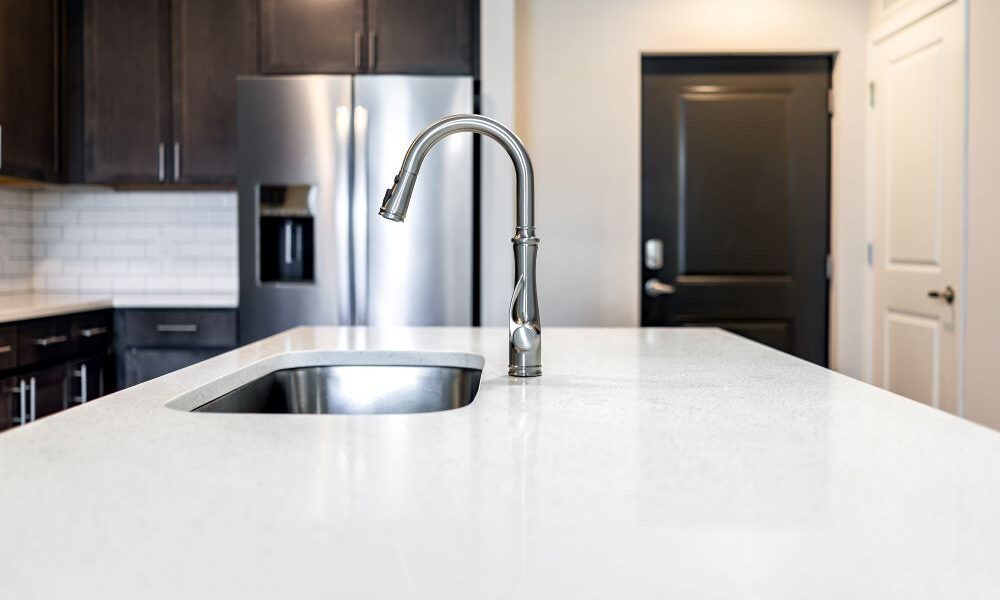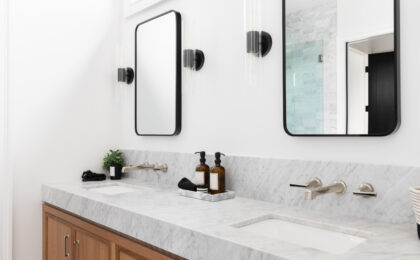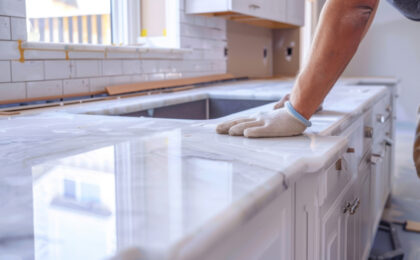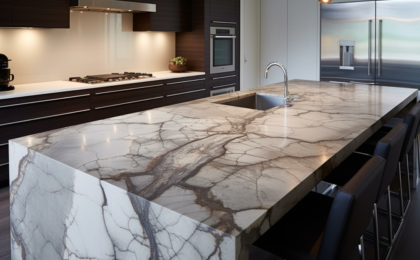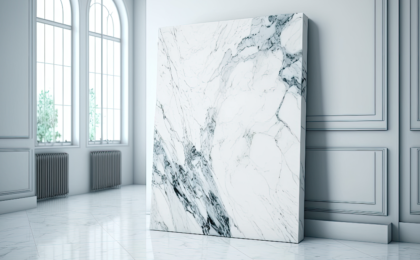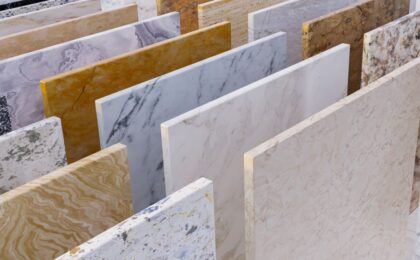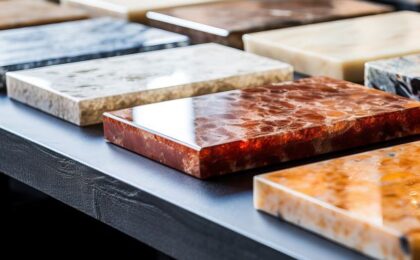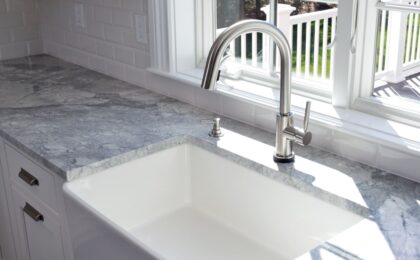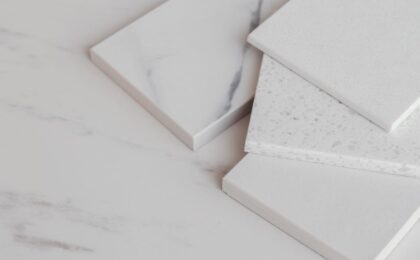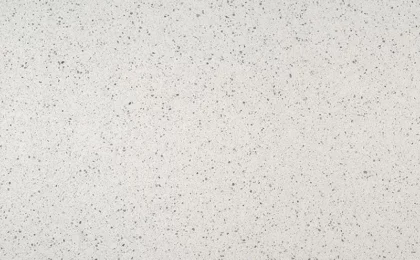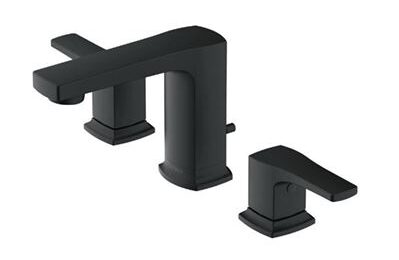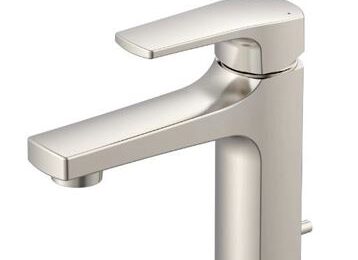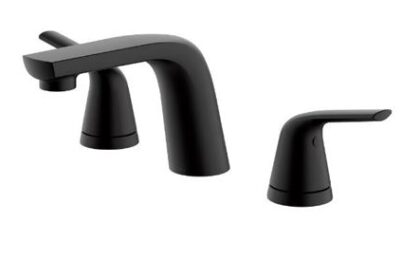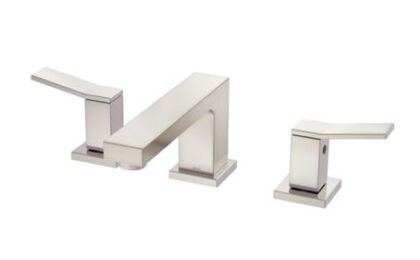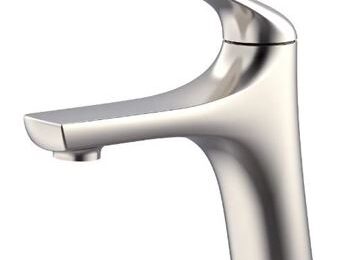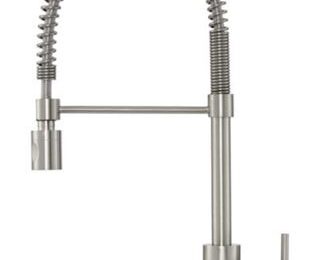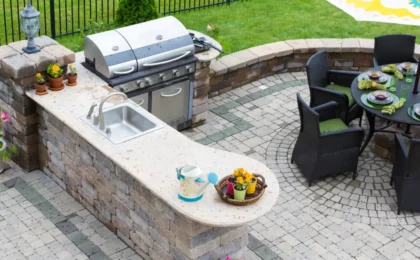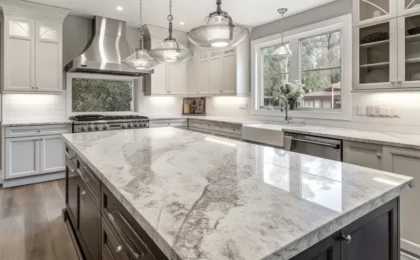You have done all the research and run the numbers. You are finally ready to replace those old laminate countertops with quartz. Yet there is still one nagging thought in the back of your mind: you’re not really sure about the typical lifespan of new quartz countertops. Are they worth the investment?
We want to set your mind at ease with this post. Quartz countertops are very durable. With proper care, they should hold up longer than those laminate countertops. Not only that, but there are also some key things you can do to maximize countertop life. We would be happy to discuss them with you when you visit any of our showrooms throughout Utah.
Quartz Countertops Are Engineered
A good place to begin this discussion is reminding our readers that quartz countertops are engineered products. Quartz itself is a naturally occurring mineral found primarily in silica sand. But it is not like manufacturers can cut slabs of sand to make a countertop. So instead, quartz is extracted from sand and then combined with resins and pigments to create countertops.
The fact that quartz countertops are engineered means that manufacturers can take advantage of specific resins with properties that increase durability. That is exactly what they do. The combination of quartz and the right resins leads to an extremely durable countertop.
The Average Lifespan for Quartz
Under ideal conditions, a high-quality quartz countertop could last 50-100 years. But most of our homes do not offer ideal conditions. A more typical lifespan is 15-20 years. With proper care and maintenance, a homeowner might be able to extend it for a few more years beyond that.
It is also important to consider what constitutes end-of-life for kitchen countertops. It’s not as though quartz will begin falling apart in 20 years. In the absence of some sort of disaster that breaks a countertop into pieces, quartz should remain physically intact well beyond the 20-year mark. Still, countertops might warrant replacement due to fading, stains, burns, and other blemishes.
A variety of factors can influence what quartz countertops look like 15-20 years after installation. The bottom line is that countertop lifespan is influenced by more than just structural integrity.
Things You Can Do to Maximize Life
So, what can a homeowner do to maximize the life of their new quartz countertops? We can suggest four things, all of which can be explained when you come see our quartz countertops in person:
1. Insist on Professional Installation
Although there are plenty of DIY homeowners who would prefer to install their own quartz countertops, professional installation is recommended. Professional installation ensures that countertops are properly positioned and secured. This makes them less prone to damage.
2. Invest in Quality Materials
Next, do not make the mistake of assuming that all quartz is the same. When it comes to quartz countertops, the idea of getting what you pay for applies. It is worth investing a little more in quality materials that will hold up for longer.
3. Treat Them Well
Next, treat those new quartz countertops well. Don’t expose them to violent impacts, harsh chemicals, and high heat. Less abuse equals longer life.
4. Commit to Regular Maintenance
Regular maintenance goes a long way toward extending life. Maintenance includes routine cleaning with an appropriate solution designed for quartz. Immediately addressing spills to avoid stains also helps a lot.
Quartz countertops are engineered to be durable and long lasting. But nothing lasts forever. Expect 15-20 years out of new quartz countertops if you treat them well. Remember that your investment in quartz is a long-term investment.
If you’re looking for a trusted Utah countertop installer, reach out to us or come visit our showrooms in person.
